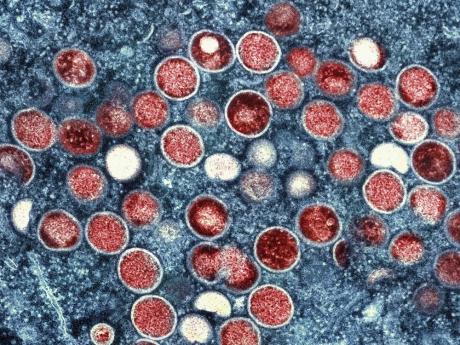WHO renames monkeypox as mpox, citing racism concerns
LONDON (AP) — The World Health Organization has renamed monkeypox as mpox, citing concerns the original name of the decades-old animal disease could be construed as discriminatory and racist.
The United Nations health agency said in a statement Monday that mpox was its new preferred name for monkeypox, saying that both monkeypox and mpox would be used for the next year while the old name is phased out.
WHO said it was concerned by the “racist and stigmatising language” that arose after monkeypox spread to more than 100 countries. It said numerous individuals and countries asked the organization “to propose a way forward to change the name.”
In August, WHO began consulting experts about renaming the disease, shortly after the UN agency declared monkeypox's spread to be a global emergency.
To date, there have been more than 80,000 cases identified in dozens of countries that had not previously reported the smallpox-related disease.
Until May, monkeypox, a disease that is thought to originate in animals, was not known to trigger large outbreaks beyond central and west Africa.
Outside of Africa, nearly all cases have been in gay, bisexual or other men who have sex with men.
Scientists believe monkeypox triggered outbreaks in Western countries after spreading via sex at two raves in Belgium and Spain.
Vaccination efforts in rich countries, along with targeted control interventions, have mostly brought the disease under control after it peaked in the summer.
Follow The Gleaner on Twitter and Instagram @JamaicaGleaner and on Facebook @GleanerJamaica. Send us a message on WhatsApp at 1-876-499-0169 or email us at onlinefeedback@gleanerjm.com or editors@gleanerjm.com.

